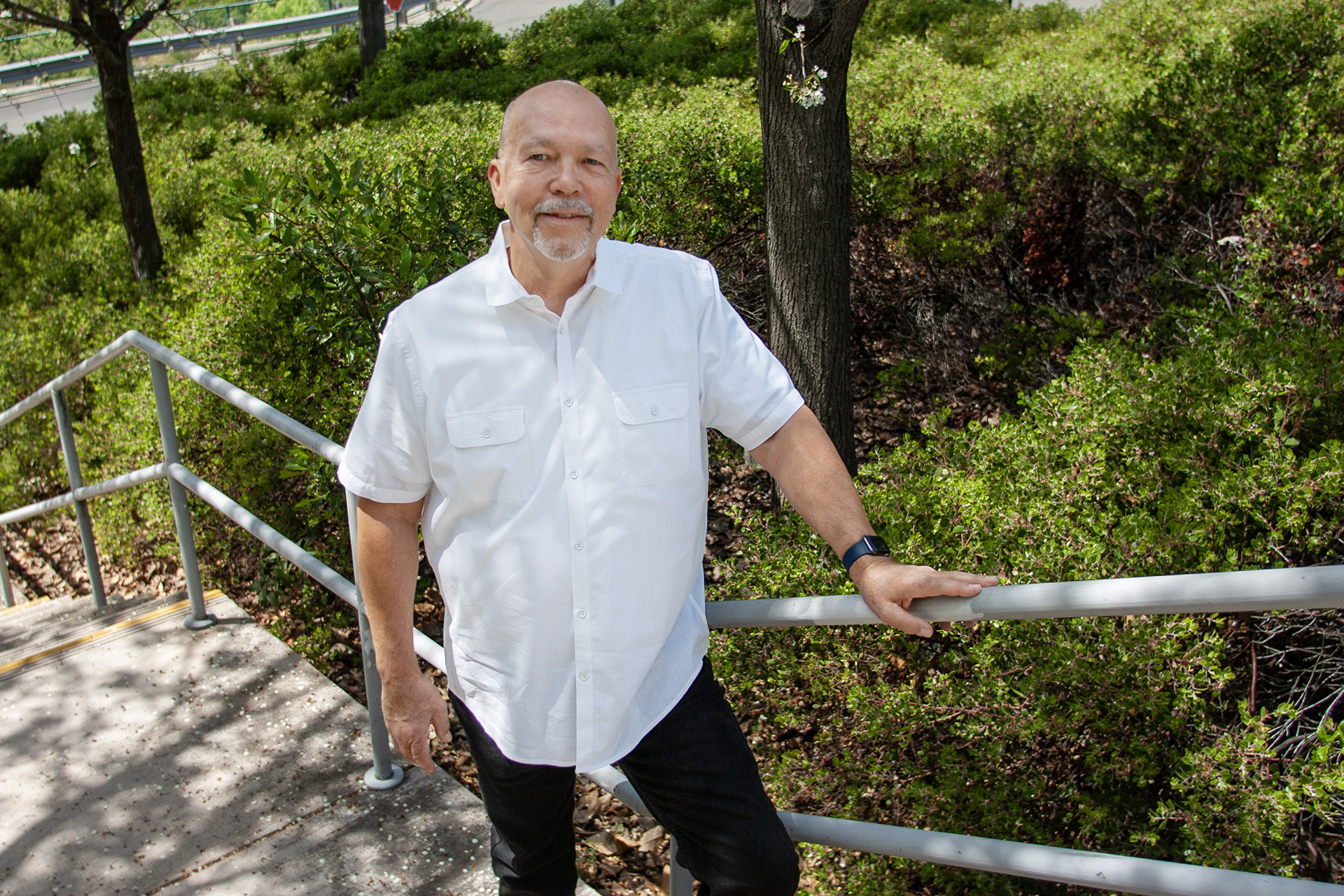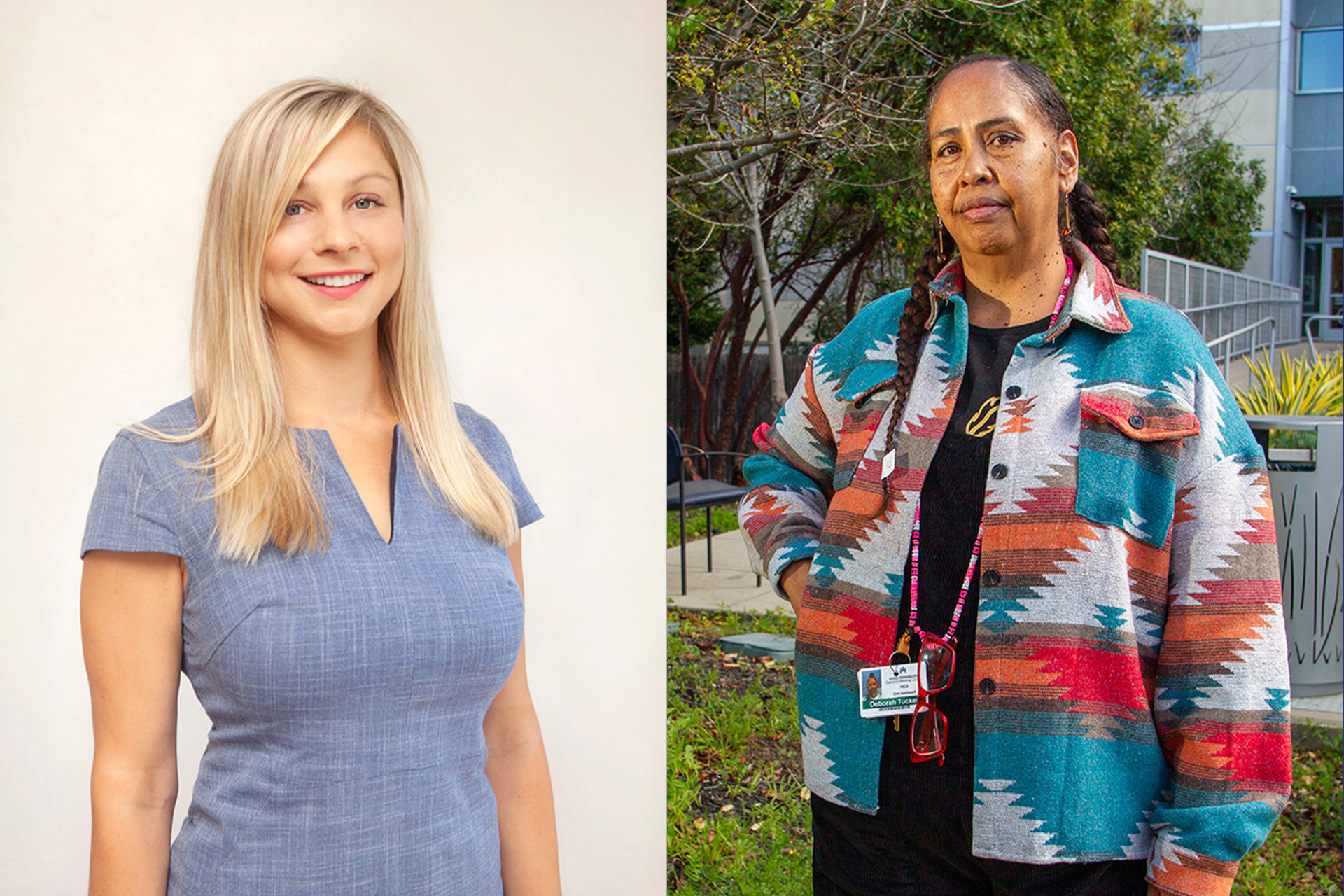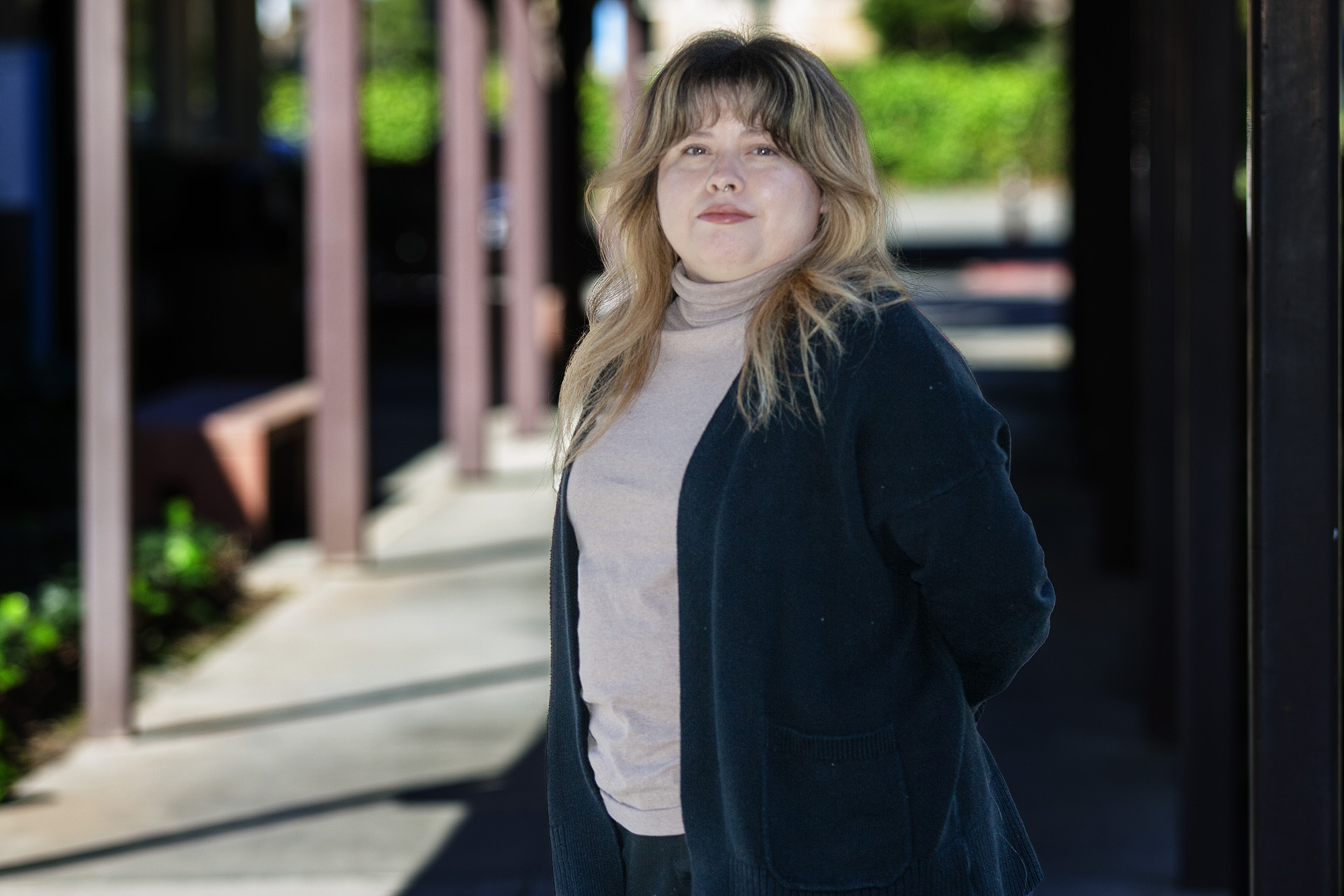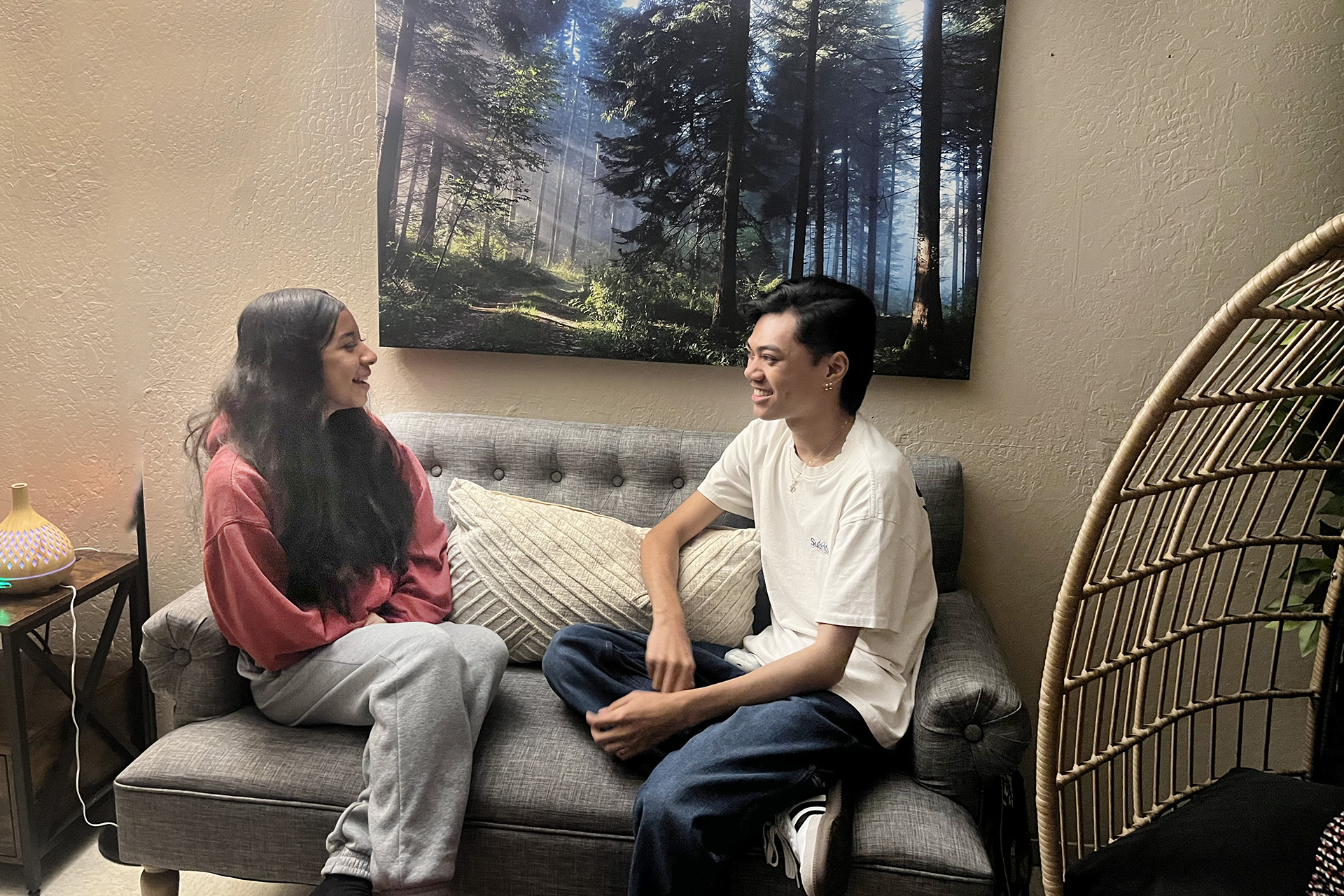Greg Miller grew up in a housing project in New York City with an alcoholic father who was mostly absent from his life. When dad did show up for his large family, he was either a “clown or a brute.”
“I didn’t feel safe as a kid,” said Miller. “I didn’t feel like my father loved me.”
Miller has been a volunteer youth mentor for 17 years now, most recently with Be A Mentor in Hayward, California. Mentoring and his own family history have given him the experience and the understanding to know what kids need to thrive and grow into healthy adults.
Connecting youth to mentors
Be A Mentor recently received a $95,000 grant from Kaiser Permanente to connect foster youth with mentors like Miller, offer mental health screenings and referrals, and educate caregivers on mental health care. The grant is one of 12 in Northern California totaling over $1.1 million to organizations to help them expand mentorship programs for vulnerable and high-risk youth ages 13 to 18.
“Having an adult just show up for a kid is 80% of what they need,” said Miller. “These kids have been let down by so many adults. They need someone to care about them, to show up for them, to advocate for them, encourage them, and support them.”
The need is acute. Up to 80% of foster children have mental health challenges compared to 18% to 22% of the general population, according to the California Department of Social Services. In California, 284,000 young people have major depression, and 66% don’t get treatment for it.
At Be A Mentor, 58% of foster kids who have a mentor say they are less likely to lose their tempers, 58% say they are interested in building friendships and social connections rather than being alone, and 94% say their mentors help them solve problems, according to Deputy Director Karen Goetsch.
Kids need consistent adults
“Mentors help provide accountability for these kids who often don’t have a consistent adult in their lives to help them,” said Goetsch. “Foster youth are usually several grades behind in school. A mentor can say, ‘What tutors do you need, how are your grades doing?’”
Yvette Radford, regional vice president for External and Community Affairs at Kaiser Permanente, said communities are in dire need of youth mental health support.
“Community support is critical to improving and promoting long-term mental health outcomes for our youth who have endured so much over the last few years,” said Radford. “Mentors are just one part of the solution, but they can make a huge difference in a young person’s life.”
Miller said his commitment to the kids he mentors is to “show up on time every time, to always keep my word, to be patient, be tolerant, and be flexible without judgement or criticism.”
Over the years, he has learned to identify when all the work of being there for kids is beginning to pay off.
“The reward for me is when I recognize I have established a full-on friendship and the person trusts you,” said Miller. “As they start to realize the goals they set for themselves, they recognize the possibility of achievement, and it inspires them. At this point, they are becoming their own champions.”




